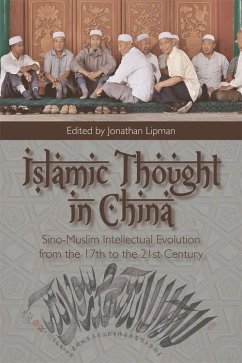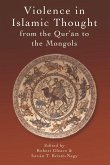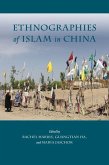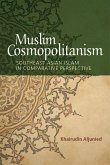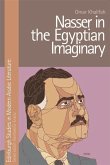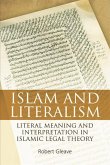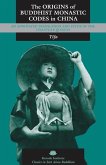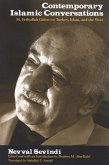'This book is a captivating narrative of four hundred years of Islamic intellectual history in China. Vivid portraits of Muslim thinkers and luminous studies of complex writings lead the reader into a world of discussions, where the Prophet speaks Chinese while ideograms interpret concepts imported from the Middle East.' Alexandre Papas, National Centre for Scientific Research (CNRS), Paris Tells the stories of Chinese Muslims trying to create coherent lives at the intersection of two potentially conflicting cultures How can people belong simultaneously to two cultures, originating in two different places and expressed in two different languages, without alienating themselves from either? Muslims have lived in the Chinese culture area for 1,400 years and the intellectuals among them have long wrestled with this problem. Unlike Persian, Turkish, Urdu or Malay, the Chinese language never adopted vocabulary from Arabic to enable a precise understanding of Islam's religious and philosophical foundations. Islam thus had to be translated into Chinese, which lacks words and arguments to justify monotheism, exclusivity and other features of this Middle Eastern religion. Even in the twenty-first century, Muslims who are culturally Chinese must still defend their devotion to a single God, avoidance of pork and their communities' distinctiveness - among other things - to sceptical non-Muslim neighbours and an increasingly intrusive state. The essays in this collection narrate the continuing translations and adaptations of Islam and Muslims in Chinese culture and society through the writings of Sino-Muslim intellectuals. Progressing chronologically and interlocking thematically, they help the reader develop a coherent understanding of the intellectual issues at stake. Jonathan Lipman taught East Asian history at Mount Holyoke College, 1977-2015. His books include Familiar Strangers: A History of Muslims in Northwest China (1997) and, with Barbara Molony and Michael Robinson, Modern East Asia: An Integrated History (2011). Cover images: (c) Shutterstock.com. Calligraphy, ink on paper by Imam Haji Abdul Hakim, used with the kind permission of its owner Asad Reza. The image was provided by gallery 6, Islamabad, Pakistan. Cover design: Stuart Dalziel [EUP logo] edinburghuniversitypress.com ISBN 978-1-4744-0227-9 Barcode
Hinweis: Dieser Artikel kann nur an eine deutsche Lieferadresse ausgeliefert werden.
Hinweis: Dieser Artikel kann nur an eine deutsche Lieferadresse ausgeliefert werden.

